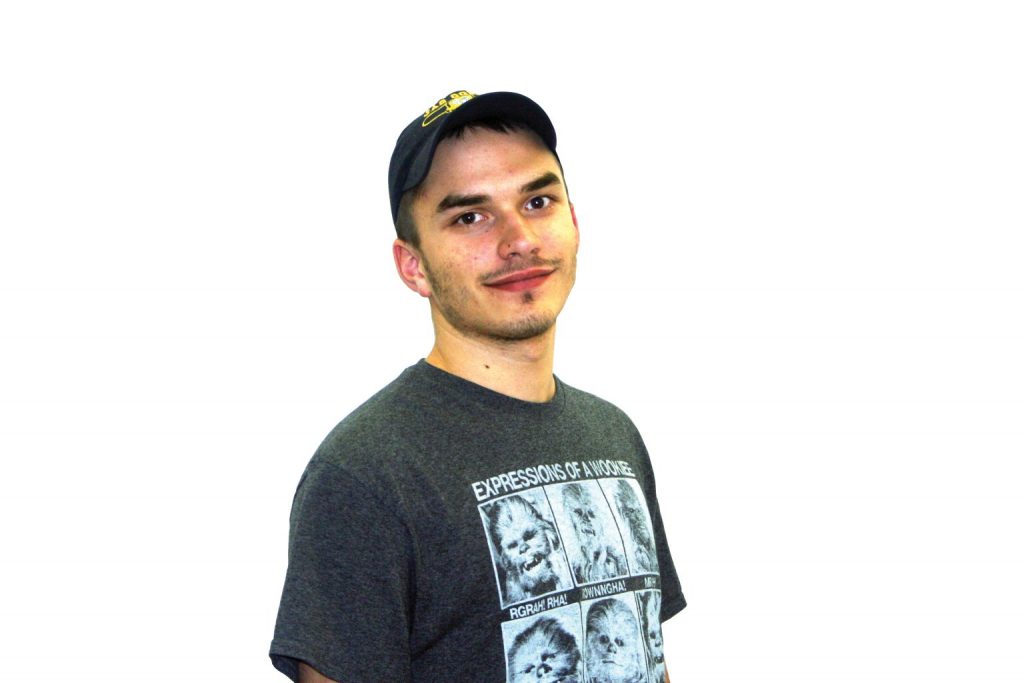Utah could be on the map

This archived article was written by: Alex Holt
This election is a confusing one for voters in Utah, given how the state’s residents aren’t too happy about the two major candidates for president and this could lead to Utah being a battleground state in November.
Many will point out that Utah has not wavered away from the Republican banner since it voted for Lyndon B. Johnson in 1964, however, this time around could be something different.
Trump’s unpopularity coupled with polices he wishes to impose do not sit nicely among Utah’s predominately Mormon voters as well as a few of Utah’s leaders such as Rep. Mia Love and Rep. Jason Chaffetz, both of which skipped out on the Republican National Convention held in Cleveland in July.
During the primaries, Trump came dead last behind Ohio Gov. John Kasich and Texas Sen. Ted Cruz with only 14 percent of Utah’s vote compared to Kasich’s 16.8 percent and Cruz’s whopping 69.2 percent.
This does not mean Utah is firmly on the side of Clinton either as she is also unpopular in the state which led Vermont Sen. Bernie Sanders to take the state with 79.3 percent of the vote in the primaries.
With both major candidates on their way to battle for the White House, they may have to spend a little bit more time and money in Utah than any one of their predecessors especially if they want to win over the state’s six-electoral votes.
Of course Utah is not as big ticket as other states such as California, Texas or New York, there are times in which states with fewer electoral votes matter like two of Utah’s next door neighbors: Nevada and New Mexico.
Even though Utah may contribute to the election by itself, it certainly will not win Trump or Clinton the election either, but it shows that traditional conservative states may be unwilling to support their party’s big candidate this year.
It may also persuade other conservative states, particularly in the South, to rethink their candidate, switch sides, or go for the third-party candidate Gary Johnson which would be the first time a third-party candidate won anything since George C. Wallace won some states in 1968 against President Richard Nixon and Hubert Humphrey.
In fact, former presidential candidate and governor Mitt Romney, whom Utah GOP seem to love, is encouraging Utah voters to vote third party.
This could change the election in a big way and make a huge impact in future elections, especially when the election season returns in 2020.
Utah is on its way to being an important player in this year’s presidential election and could make a huge impact depending if it chooses to drop its roots in the Republican Party and either jump into the Democrat’s box or take a new route.
Either way, Utah is going to be on the map this November.




